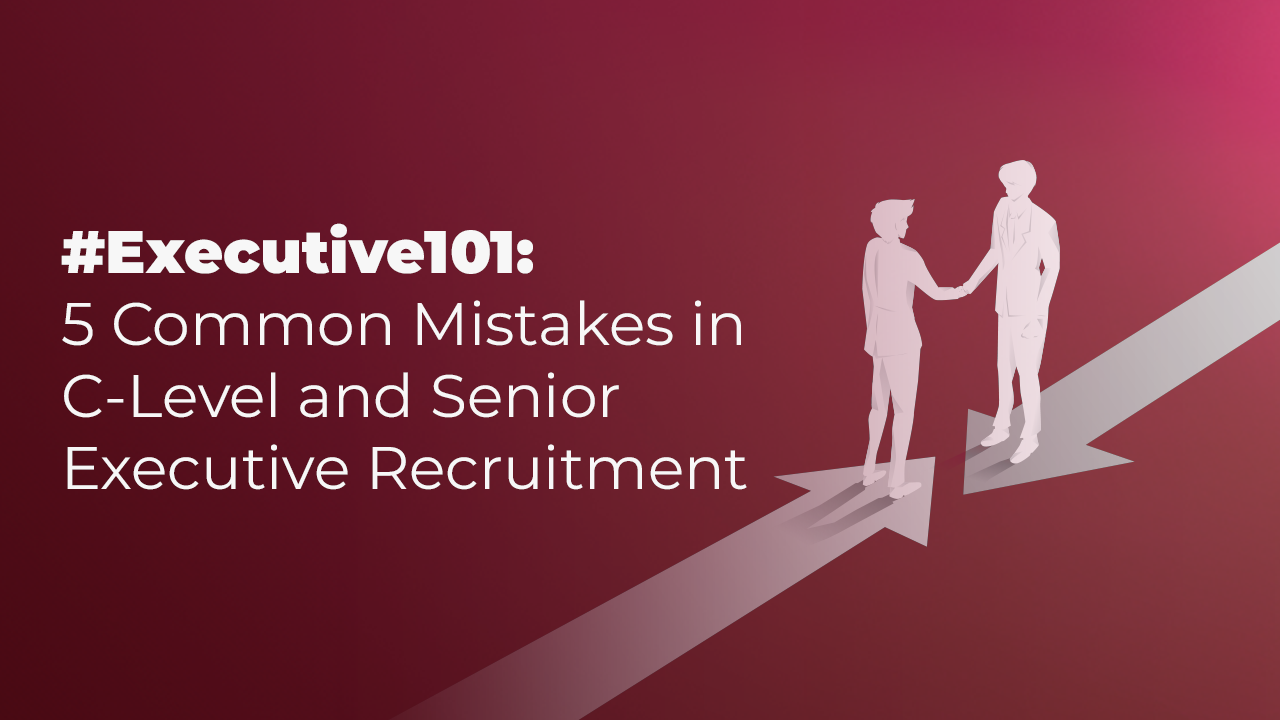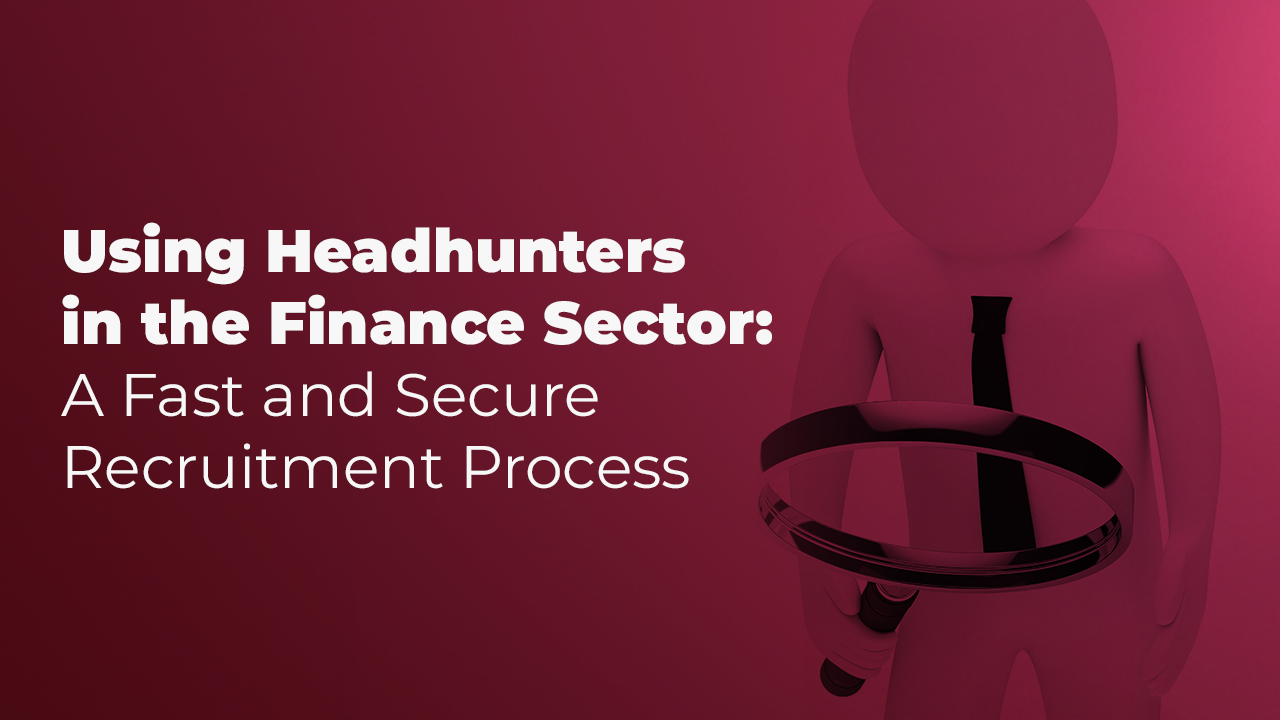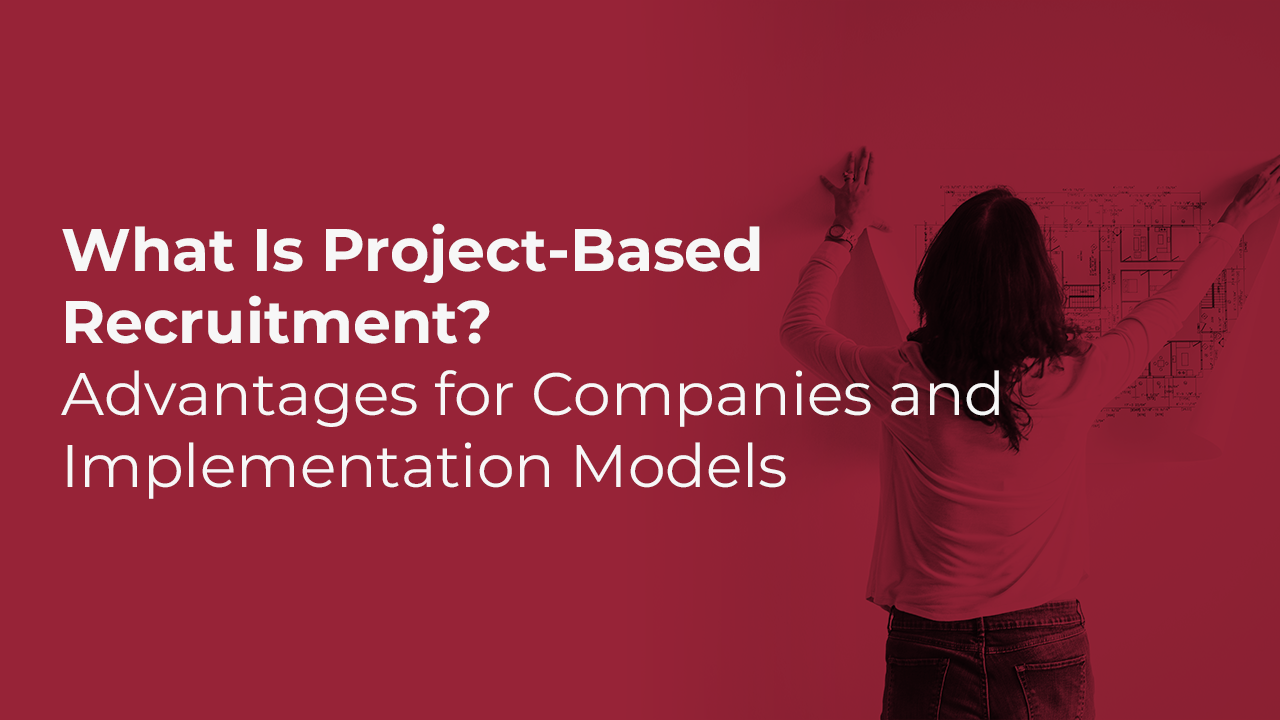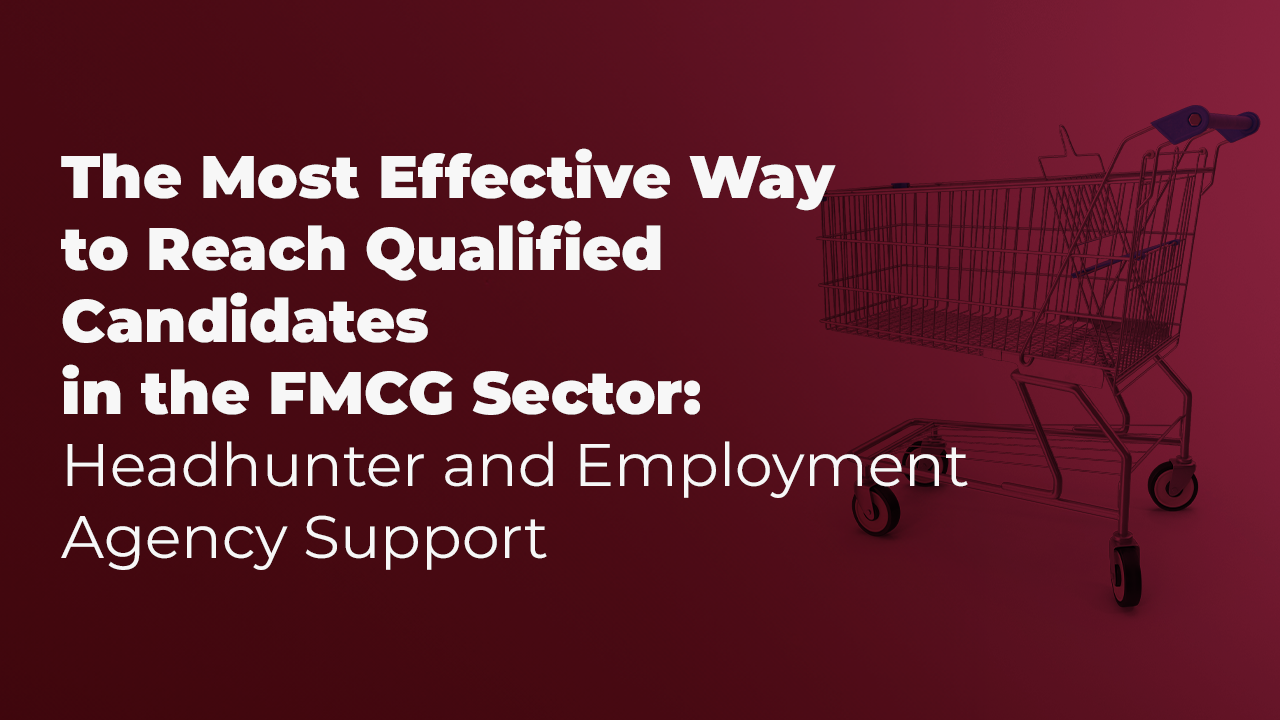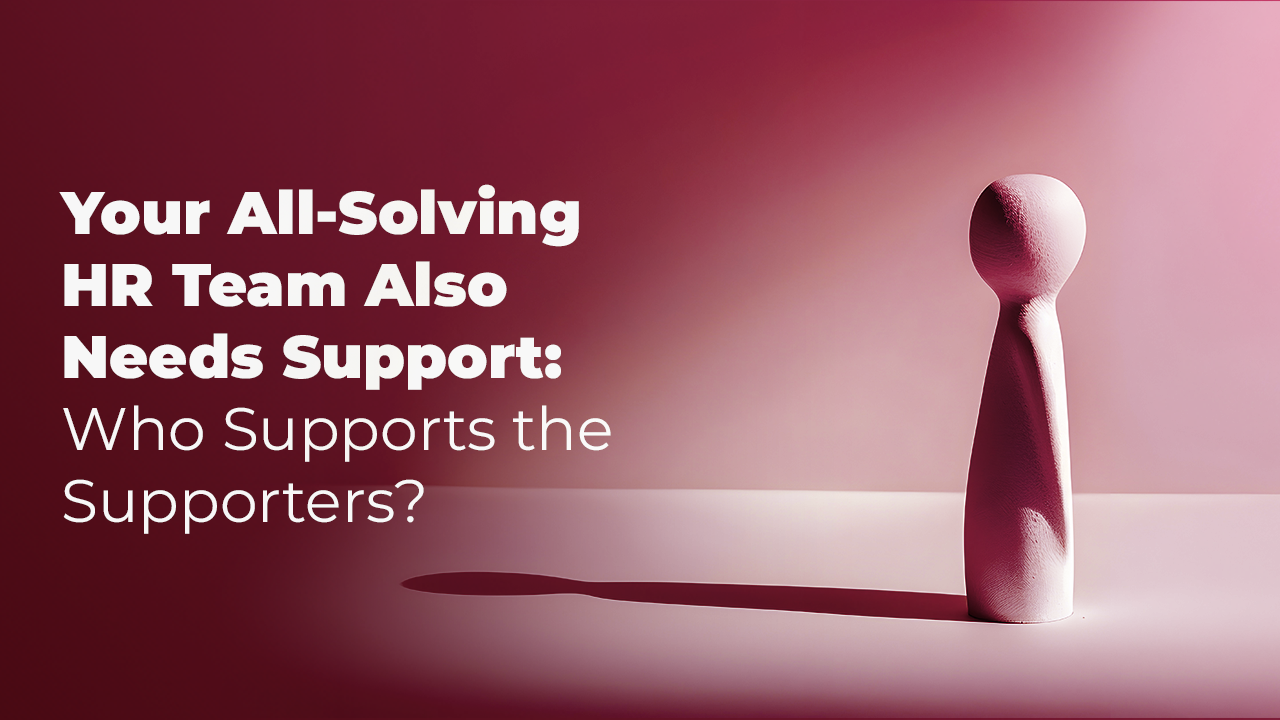#Executive101: 5 Common Mistakes in C-Level and Senior Executive Recruitment
In the corporate world, success depends not only on the right strategies but also on the right leaders. The individuals who shape a company’s future, make strategic decisions, and guide the organization are the C-Level executives or senior leaders. Roles such as CEO, CFO, CTO, General Manager, or Director carry responsibilities that are critical not only for management but also for sustainable growth and competitive advantage.
For this reason, the C-Level recruitment process requires a far more sophisticated approach than standard hiring. Yet, many companies make significant mistakes during this process. These errors not only lead to wasted time and increased costs but can also undermine the company’s strategic objectives.
This article explores the five most common mistakes in C-Level and senior executive recruitment, the importance of headhunting, the role of confidentiality and assessment processes, and the advantages of working with a professional HR consultancy.
1. Treating Senior Executive Recruitment Like Standard Hiring
Many companies apply standard recruitment methods even for C-Level positions. Posting job ads, collecting resumes, and conducting conventional interviews often fail to yield the right results.
Senior executive recruitment is one of the organization’s most critical investment areas. Beyond technical skills, factors such as strategic vision, leadership competencies, crisis management, and cultural fit are equally important.
Solution: This is where headhunting comes into play. Professional headhunters can access passive candidate pools—leaders who are not actively seeking a new role but perfectly match the required profile.
2. Neglecting Confidentiality
Confidentiality is one of the most critical aspects of senior executive hiring. Leaks about a search for a new CEO, CFO, or General Manager can negatively impact investor confidence, team morale, and even market perception.
Unfortunately, many companies compromise confidentiality while trying to run a transparent process, which can result in strategic damage.
Solution: Professional HR consultancies enforce strict confidentiality protocols. They maintain the company’s anonymity while reaching the candidate pool and share information only with authorized personnel.
3. Skipping the Assessment Process
Assessment—the detailed evaluation process—is indispensable in senior executive recruitment. Some companies assume past experience alone is sufficient. However, making decisions based solely on resumes and brief interviews carries significant risk.
A proper assessment center objectively evaluates candidates’ leadership styles, decision-making, crisis management, and strategic vision.
Solution: Integrate assessment tools into the hiring process. This allows evaluation not only of competencies but also personality traits and cultural fit.
4. Focusing on a Single Criterion
Some companies focus on just one aspect of a candidate: financial success, technical expertise, or a strong network. However, C-Level positions require multidimensional leadership.
A Director or General Manager must manage not only financial objectives but also employee motivation, innovation, and sustainability.
Solution: A comprehensive recruitment process considers multiple criteria. Headhunting and HR consultancy services evaluate diverse factors to identify the candidate that best aligns with the company’s vision.
5. Working with the Wrong HR Partner
Not every HR consultancy can manage senior executive recruitment effectively. Sector expertise, candidate pool quality, confidentiality, and assessment capabilities are crucial.
The wrong recruitment firm may prolong the process, select unsuitable candidates, or compromise confidentiality, resulting in both time and financial losses.
Solution: Partner with an HR consultancy that has sector experience, a strong candidate network, and expertise in senior executive recruitment.
The Role of Headhunting in C-Level Recruitment
Headhunting differs from traditional recruitment by reaching passive candidates, who often are not actively looking for new roles.
A headhunter:
- Accesses the right candidates
- Leverages industry connections
- Maintains confidential communication
- Accurately conveys the company’s expectations
This approach gives companies access to a broad pool of senior executives beyond those who respond to job postings.
Selecting the Right Leader Through Assessment
Assessment minimizes risks in senior executive recruitment, as leadership cannot be measured by past achievements alone.
For example, a candidate may have delivered excellent financial results but may lack employee engagement skills or crisis management capabilities, posing long-term risks.
Assessment tools include:
- Psychometric testing
- Leadership simulations and role-play
- Decision-making and problem-solving exercises
- 360-degree feedback
These methods provide an objective measure of whether a candidate is truly fit for a C-Level position.
The Value of HR Consultancy Services
When a company’s internal recruitment process falls short, HR consultancy services step in.
A competent HR partner provides:
- Access to a qualified candidate pool
- Confidentiality management
- Headhunting expertise
- Assessment process management
- Strategic advisory
Senior executive HR consultancy ensures that companies secure not just a candidate but a leader who drives long-term success.
Tips for Successful Senior Executive Recruitment
- Define the company vision clearly. Ensure the leader aligns with future goals.
- Implement confidentiality protocols. Restrict process access to authorized personnel.
- Use assessment methods to minimize hiring risks.
- Consider multidimensional criteria—leadership capabilities alongside financial results.
- Partner with the right HR consultancy. Experience and expertise are critical.
C-Level and senior executive recruitment is one of the most critical decisions affecting a company’s future. Mistakes can result not only in selecting the wrong leader but also in losing competitive advantage.A professional approach, combining headhunting, confidentiality, assessment tools, and HR consultancy, ensures the selection of a true leader who advances the company’s strategic objectives.
